The Ministry of Agriculture and Environment (MARD) is widely collecting opinions from organizations and individuals to complete the draft Law on Amendments and Supplements to a Number of Articles of the Land Law 2024, before submitting it to the National Assembly for consideration at the 10th session of the 15th tenure.
Remove many bottlenecks
According to the Ministry of Agriculture and Environment, after more than 1 year of implementation, the 2024 Land Law has revealed a series of problems. Limitations in current regulations not only cause difficulties for businesses in investing and developing projects but also directly affect the rights of people, especially in procedures such as granting certificates, changing land use purposes, dividing plots, or receiving compensation when land is recovered.
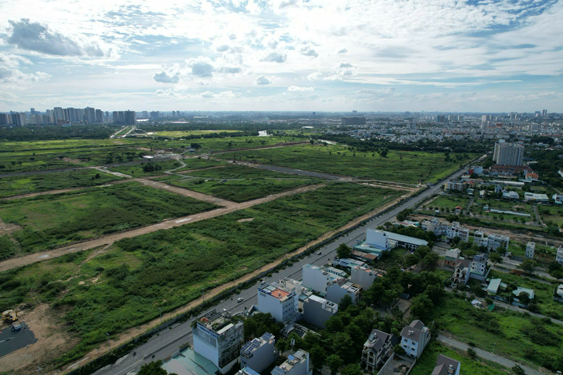
Experts say that the State's direct determination of land prices will help prevent virtual prices.
One of the major bottlenecks pointed out is the inadequacy of land use planning and plans, which are not suitable for the current two-tier local government model. Annual land use planning at the district level is no longer practical, is time-consuming, creates additional procedures and slows down the process of putting land into exploitation. Many households have to wait for the land use plan to be updated, so they miss out on production and business opportunities, leading to significant losses.
Regarding the land allocation and leasing mechanism, projects are currently mainly implemented through auctions or bidding. However, these processes are proving to be complicated and overlapping due to dependence on many other laws, causing the project preparation process to be prolonged.
Notably, the Ministry of Agriculture and Environment proposed to clarify the role of the State in deciding land prices as the representative of the owner. Accordingly, in the primary market, including land allocation, leasing, and change of land use purpose, land prices must be determined by the State, not depending on consulting organizations. Meanwhile, in the secondary market, that is, activities of buying, selling, transferring, and mortgaging land use rights, land prices will be agreed upon by the parties themselves, with the State playing an indirect regulatory role through planning, infrastructure, and financial instruments.
However, in reality, primary land valuation still depends largely on consulting results and secondary prices, while the specific price determination method still has many shortcomings, lacks transparency and does not accurately reflect market developments. This weakens the regulatory role of the State, affects the progress of project implementation, and causes many frustrations when people have their land recovered but the compensation level is not close to the actual value.
Another issue noted by the Ministry of Agriculture and Environment is the inaccuracy in the application of valuation methods, especially the surplus method, which depends on market data, investment types and land rental prices. Meanwhile, the land use rights market fluctuates strongly, and data is mainly based on old prices, which do not reflect the actual value or future potential. This causes people, especially in rural areas, to often suffer losses because the real value of land is not accurately reflected in transactions.
Dr. Pham Viet Thuan, Director of the Ho Chi Minh City Institute of Environmental Economics , said that the amendment of the Land Law is necessary and consistent with the orientation of developing a socialist-oriented market economy. According to him, many provisions in the current law are not really close to real life and business needs. In particular, the collection of land use fees when converting land to residential land is currently increasing rapidly, in some places like Ho Chi Minh City, the increase is up to 38 times. This makes it impossible for many people to access their legal rights of use.
According to him, the State's decision on primary land prices is a step in the right direction, aiming to control market instability, especially in the current context when land price speculation, auctions and then deposit cancellations... are pushing the price level up abnormally. However, Dr. Thuan noted the need to clearly separate primary prices and secondary prices in the land valuation system. "The application of coefficient K in guiding documents will help determine secondary prices from primary prices, and at the same time become an effective tool for the State to regulate and stabilize the market," he said.
This expert also emphasized that the law needs to clearly stipulate in which cases primary prices are applied and in which cases secondary prices are used. The accompanying decrees and circulars will play a role in specifying and providing detailed guidance to ensure feasibility in practice.
Need adequate tools to regulate and ensure transparency
Although the proposal to give the State the power to decide on primary land prices is considered necessary to ensure the role of representing the entire people's ownership, many opinions still express concern that if there is a lack of market factors in pricing, there is a risk of a recurrence of the "two-price" situation in the land market. This not only affects the transparency of the market but can also lead to budget losses, creating inequality among the parties involved in the transaction.
The "two-price" situation was common in the past, when the same plot of land had two different prices: the price stated in the contract and documents to calculate financial obligations was often much lower than the actual transaction price on the market. The main reason was that the land price list issued by the State did not promptly reflect market fluctuations, leading to a large gap between the official price and the actual price.
Mr. Vo Hong Thang, Deputy General Director of DKRA Group, commented that if the State has sole authority to decide on land prices without market feedback, it will easily lead to unobjective pricing, causing a recurrence of the "two-price mechanism". According to him, pricing needs to be based on market principles to ensure fairness among all parties, including the State, businesses and investors. Mr. Thang said that if the State allocates land, sets prices and collects money, it is no different from "playing football and blowing the whistle at the same time", lacking an independent monitoring mechanism.
According to him, instead of completely eliminating the market factor, the law should consider classifying land users to have appropriate support policies. For example, it is possible to exempt or reduce financial obligations for disadvantaged groups when changing land use purposes, as many experts have proposed.
Meanwhile, Mr. Le Hoang Chau, Chairman of the Ho Chi Minh City Real Estate Association, said that there should be no need to worry too much about the situation of two prices or the possibility that businesses can take advantage of land policies. According to him, the State has full regulatory tools, from taxes to credit, to control real estate and prevent profiteering. "The State has the full right to decide on land prices in the primary market, because this is the right of the owner representing the entire population. Meanwhile, the secondary market, where civil transactions between people and businesses take place, is where the market needs to self-regulate," he emphasized.
In fact, in the past 2 years, tax control, notarization and management of real estate transfer records have been implemented very strictly. Many people who used to have the habit of "asking" buyers to declare low prices to reduce taxes are now forced to comply with regulations, because notarization and tax agencies no longer allow low declarations, and even require redoing documents if unusual differences are detected. Mr. Pham Huu T., a real estate investor in Lam Dong , said that he used to declare low real estate transfer prices to save costs, but since the agencies have tightened up, he has done so very strictly. "Buyers now refuse to declare low prices. They are worried that they will be taxed heavily when selling later, so they require declaring the true price," said Mr. T.
"Mr. Nguyen Dang Phu, a broker in Ho Chi Minh City, confirmed that the situation of "double price" declaration has almost disappeared. The tax authorities have been very involved. Some cases of false declaration have been summoned, even warned of criminal prosecution. Now, both buyers and sellers are serious, whoever pays the tax is responsible.
Contribute to blocking virtual prices
According to Mr. Le Hoang Chau, the current valuation through consulting organizations and appraisal councils easily creates loopholes, even leading to "collusion" when determining land value. Therefore, it is necessary for the State to directly determine prices in the primary market. In the secondary market, the market mechanism should be fully operated, under the control of the State through tax tools. This approach not only helps to make land prices transparent but also contributes to "cooling down" the real estate market and preventing virtual prices inflated by speculation.
Source: https://nld.com.vn/nha-nuoc-quyet-gia-dat-so-cap-buoc-di-dung-huong-196250804205417053.htm



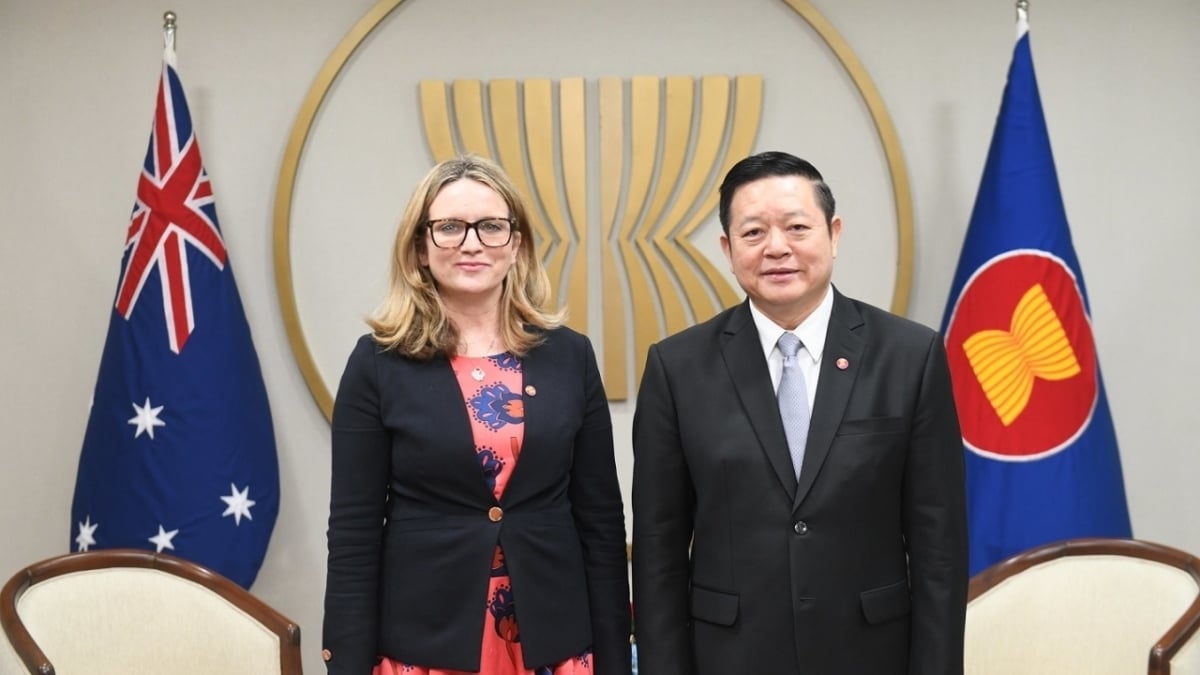



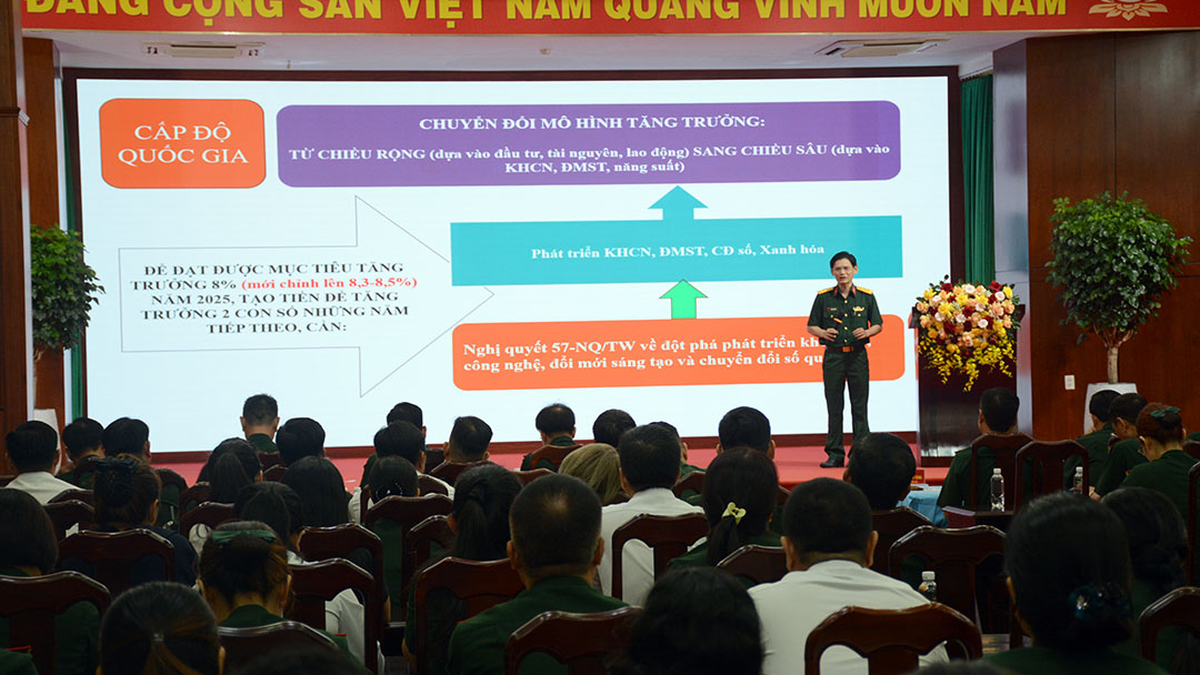



























































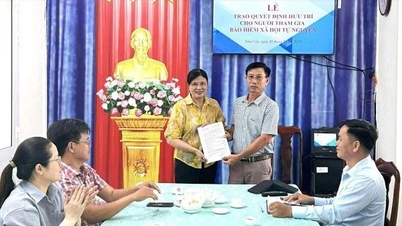


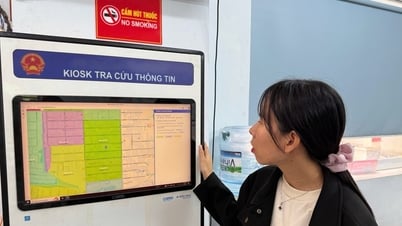





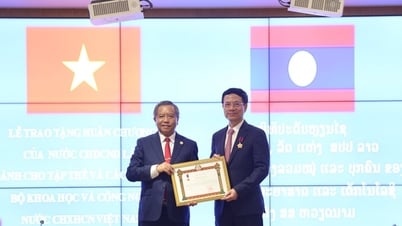
























Comment (0)